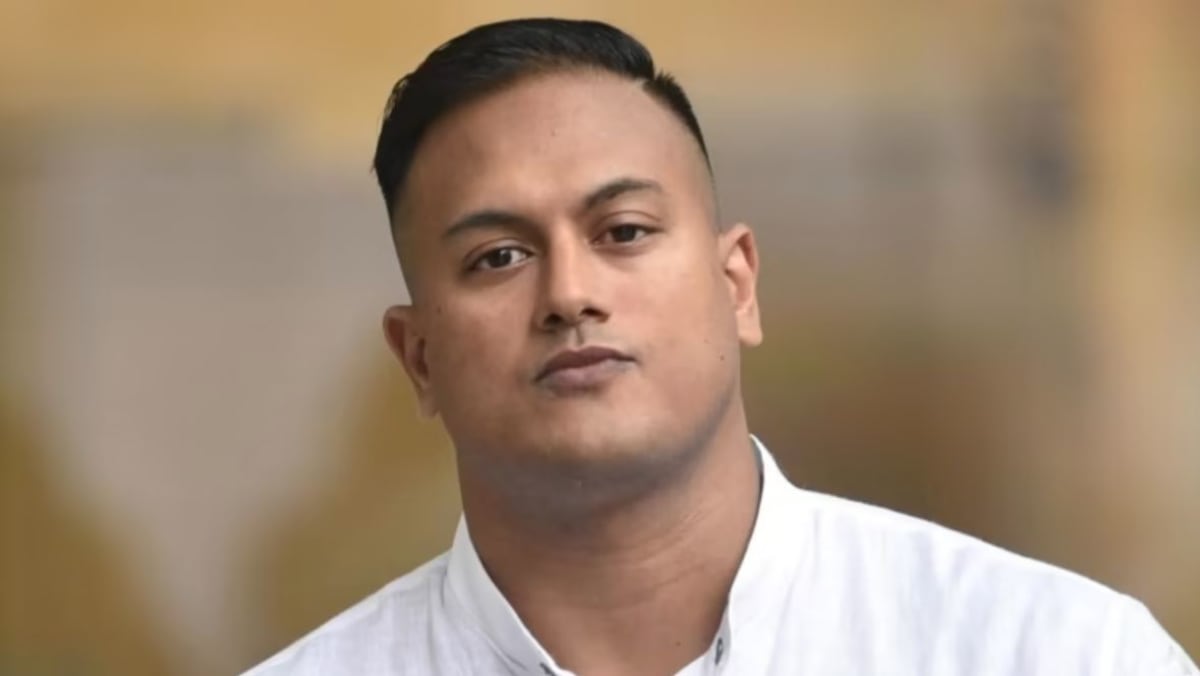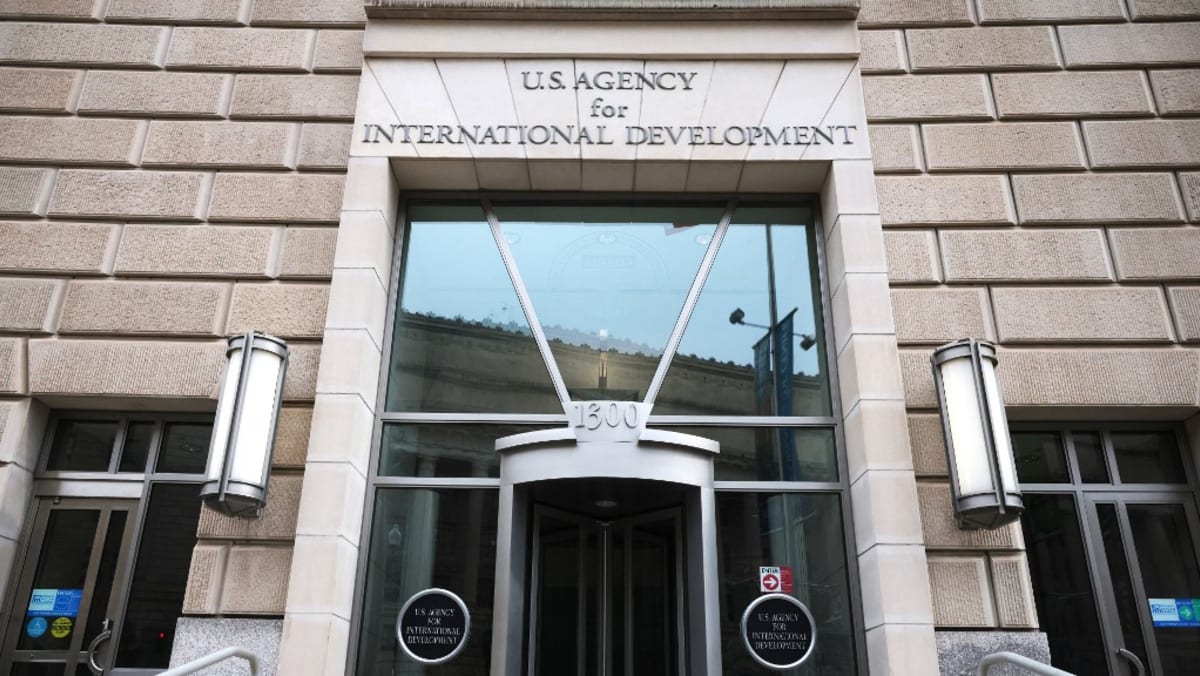SINGAPORE: Singapore’s Ministry of Social and Family Development (MSF) on Monday (Dec 30) said it would postpone the implementation of legal amendments to expand rehabilitative support for older youth offenders, from Jan 1, 2025 to later in the year.
The amendments pertain to the Children and Young Persons Act (CYPA), and were passed in 2019 to allow offenders aged 16 to under 18 to have their cases heard in the Youth Courts, rather than being tried as adults in the State Courts.
To maintain public safety and deterrence against crime, cases involving older youths who are repeat offenders or who commit serious crimes should still be transferred to the State Courts or High Courts.
These serious crimes include serious sexual offences, unlicensed moneylending and drug trafficking.
But while preparing to implement the changes, MSF and the Ministry of Home Affairs “assessed that the legislative provisions governing the transfer of cases from the Youth Courts do not fully achieve this intended policy”, said MSF in a release.
“The amendments do not give the State and High Courts sufficient flexibility to impose stiffer sentences on older youth offenders where stronger deterrence is needed,” it added.
In response to queries from CNA, MSF elaborated that under the 2019 amendments, the courts’ powers to impose firmer punishment - such as reformative training, imprisonment and caning - “are more limited than intended”.
For example, in a hypothetical scenario, a 17-year-old commits sexual penetration of a minor below 16 years old and is found guilty by the High Court, but is not found to be unruly or disruptive to the rehabilitation of others.
He therefore cannot be sentenced to reformative training or jail, and can only be ordered to probation or a juvenile rehabilitation centre such as Boys’ Home – which is disproportionate to the severity of the crime, said MSF.
Reformative training is overseen by the Singapore Prison Service and emphasises structure and discipline. Probation orders allow youth offenders to continue education or employment in the community.
“Further legislative amendments are therefore needed to give full effect to the 2019 CYPA amendments passed by parliament and ensure that the State Courts and High Court can continue to impose firmer sentences in more serious cases,” a spokesperson from MSF said.
These will be made later in 2025, “subject to various factors including the timings of parliament sittings”, said the ministry.
NO CHANGE IN POLICY: MSF
These are the changes that will kick in once the further legislative amendments are made next year:
- The age limit of youth offenders will be raised from below 16 to below 18 years old, and raising the maximum age limit for detention to 21. This is because a juvenile rehabilitation order can last up to three years.
- Older youth offenders aged 16 to below 18 that have been charged with a serious or repeat offence will have their hearings in another court of appropriate jurisdiction, instead of the Youth Courts.
- Unruly youth offenders can be sent for reformative training at the outset, even if not been granted a juvenile rehabilitation centre order before.
“Despite the change in date for the expansion of rehabilitative support for older youth offenders, older youth offenders will still receive the appropriate support (including rehabilitation-focused support such as probation orders) under the State Courts and High Court,” said MSF.
The ministry also reiterated to CNA that the further legislative amendments “do not reflect a change in policy” and there is “no change to the government’s stance on not being soft on crime, especially those of a serious nature, even as we continue to help youth offenders rehabilitate and reintegrate into society”.
One 2019 amendment - to empower the Youth Courts to vary juvenile rehabilitation centre orders for youths aged below 16 - will still come into force on Jan 1, 2025.
This amendment allows the orders to be cut short, extended or discharged, and provides more flexibility to better rehabilitate youth offenders, said MSF.
The ministry added that under the 2019 amendments, youths who complete their Youth Court orders can legitimately declare that they have never been convicted nor hold a criminal record.
These refer to juvenile rehabilitation centre, probation, community service and detention orders; as well as orders to pay a fine, damages or costs.

.jpg?itok=8vQxiINi)

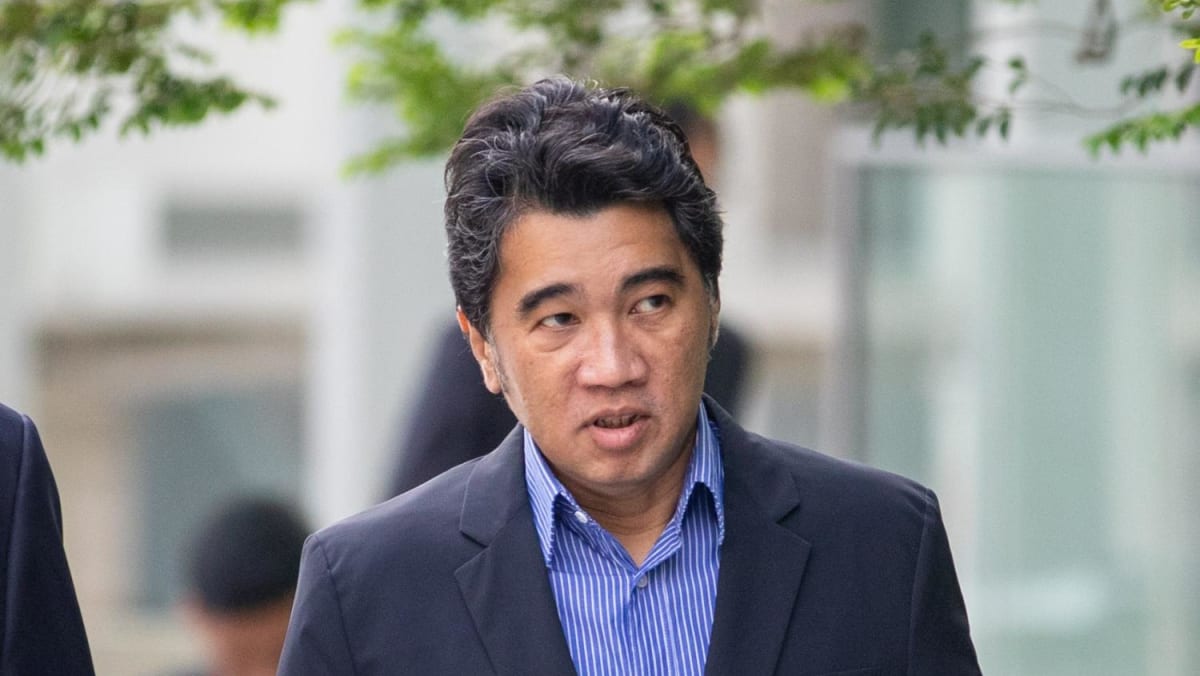


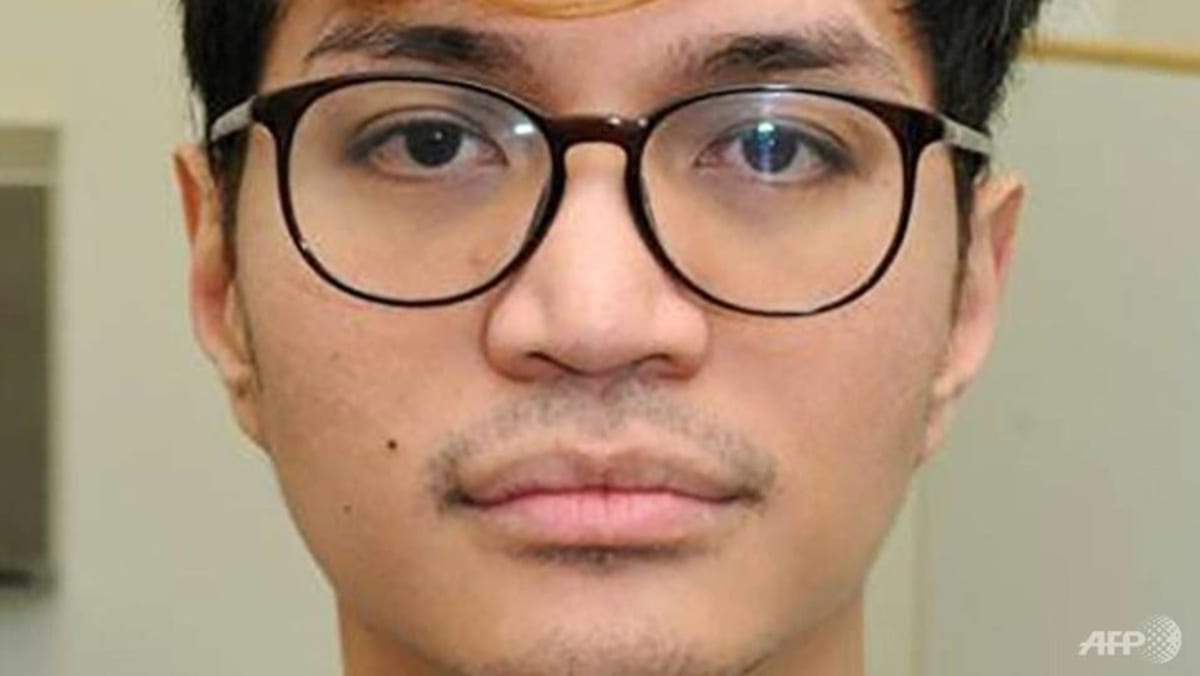


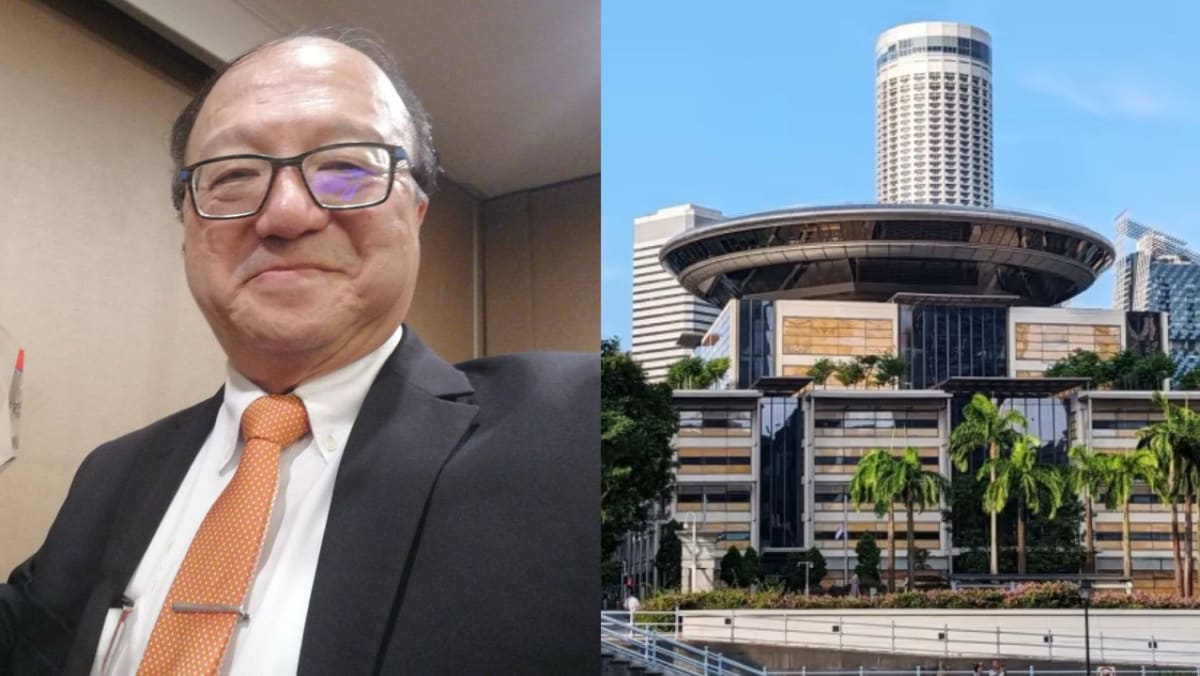
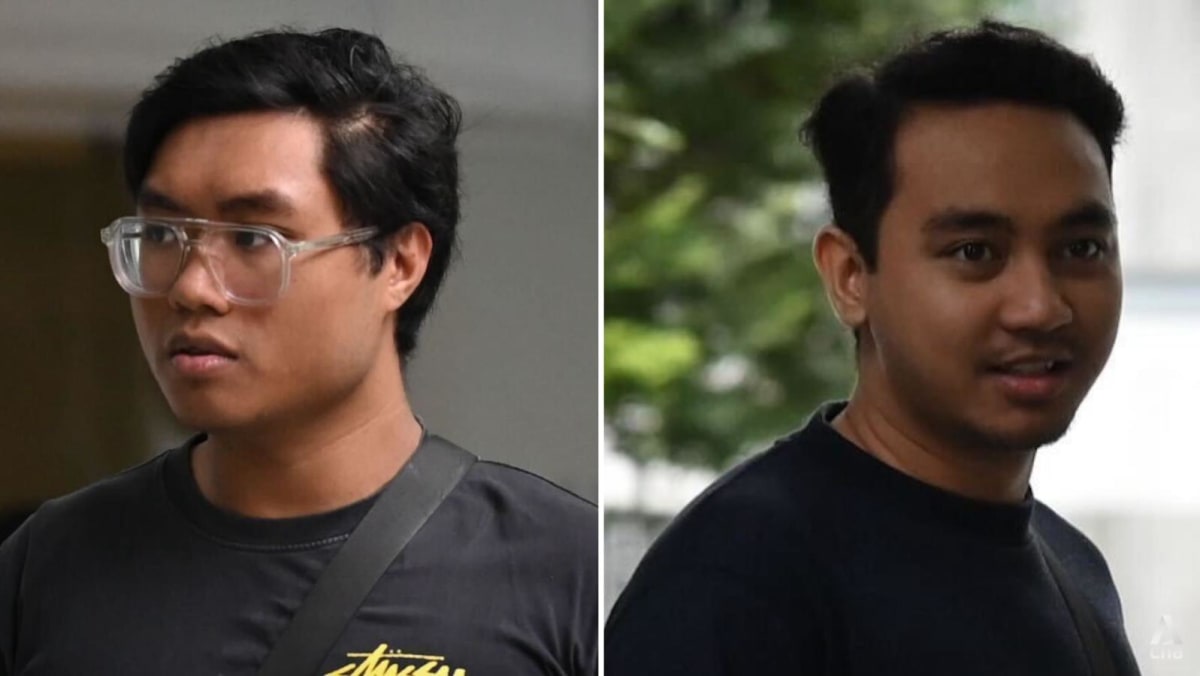

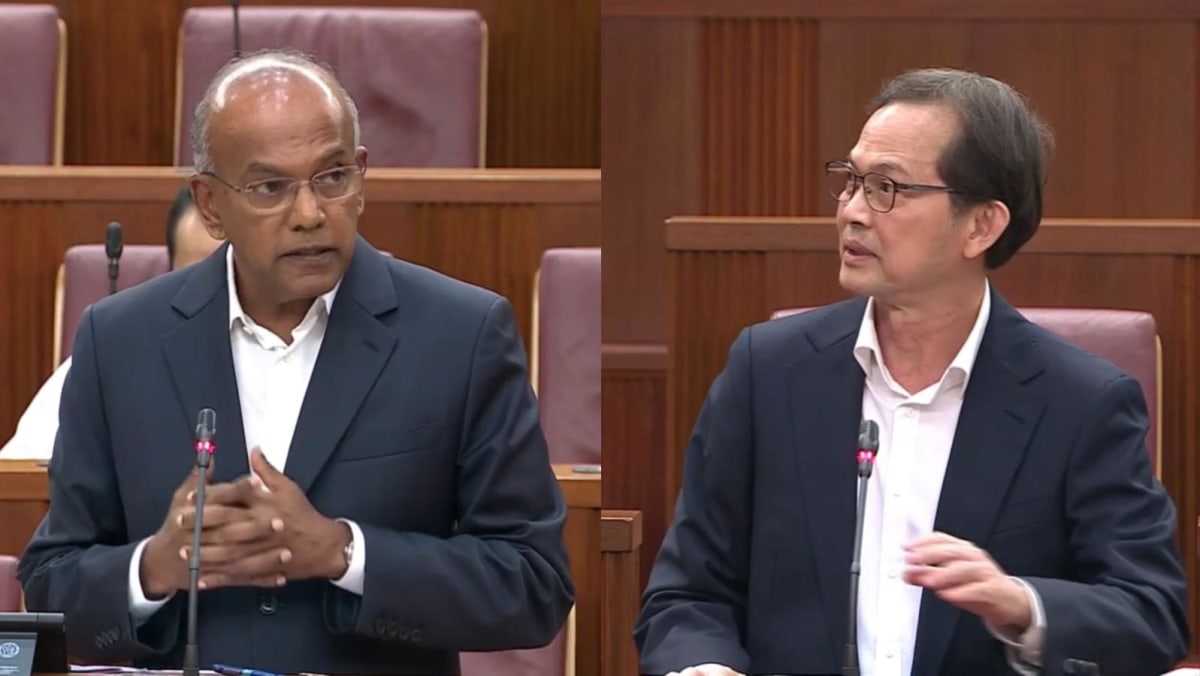
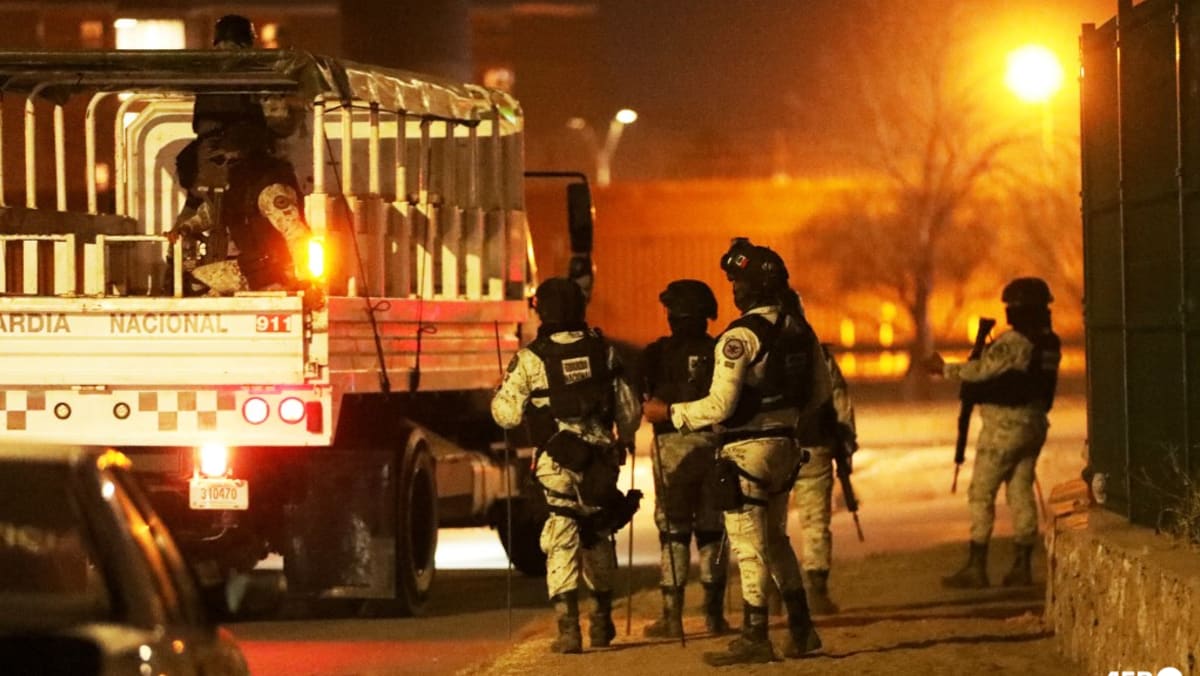


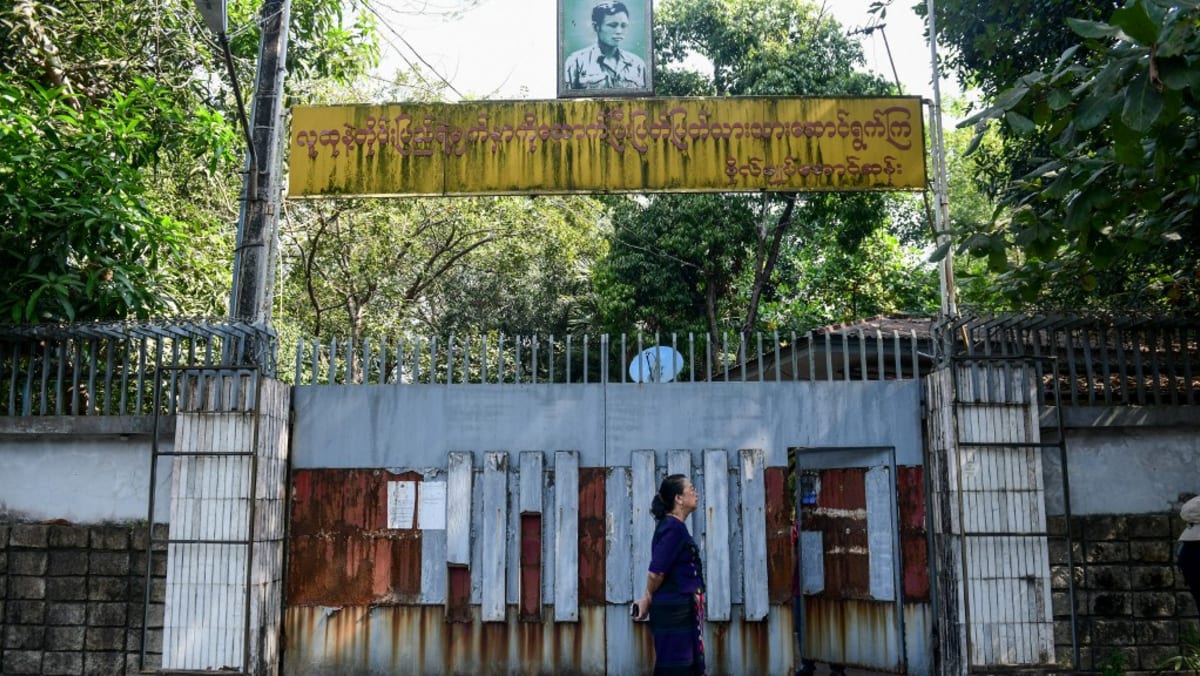
.jpg?itok=HVcXoYme)
